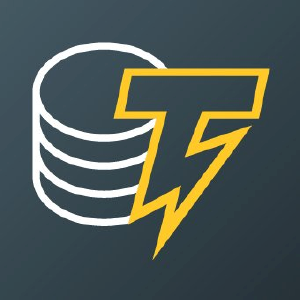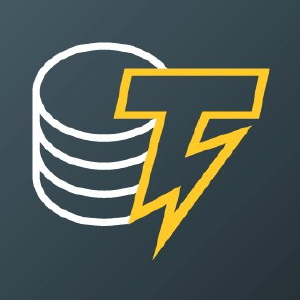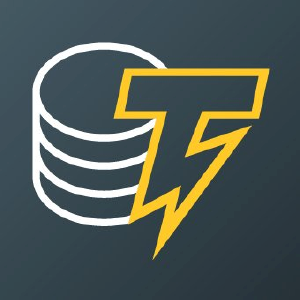Ripple Labs Deploys XRP Ledger to Boost Financial Inclusion and Income for Smallholder Agriculture in Colombia
3 min read
Ripple Labs taps into the XRP Ledger to boost Colombia’s agricultural economy, empowering traceability and microfinance opportunities for smallholder farmers. The initiative is the second pilot launch of Ripple Impact’s “Unlocking Opportunity” program. This is the second pilot Ripple launched this year, with Mercy Corps Ventures in partnership with traceability technology provider WËIA to bolster agricultural finance in Colombia. Revolutionising Colombia’s Farming Economy Using Blockchain Ripple announced the launch of its second pilot initiative in 2024, along with Mercy Corps Venture, in partnership with traceability technology provider WËIA, to increase financial inclusion and income for smallholder farmers in Colombia. The pilot is part of Ripple Impact’s Unlocking Opportunity initiative, which aims to boost the agricultural economy in Colombia by leveraging the XRP Ledger (XRPL). In its May 15 statement, Ripple said: “In collaboration with WËIA , this pilot is designed to increase financial inclusion and income for smallholder farmers in Colombia through blockchain-powered traceability on the XRP Ledger (XRPL).” Improving Agricultural Finance Conditions by Leveraging XRPL Recognising the challenges faced by the agricultural sector in Colombia, Ripple Initiative aims to use the XRP Ledger to revolutionise this economy. As it stands, over 86% of informal smallholder farms in the country operate without credit histories and transaction records, leading to significant barriers to sustainability and financial inclusion. The challenges faced in Colombia mean that over 79% of the rural population lacks access to credit lines, resulting in smallholder farmers earning only 70% of the minimum wage and being unable to break the cycle of poverty. The conditions faced by the farming economy are devastating, as buyers of agricultural products have trouble verifying sustainability claims, a factor which has become increasingly important in the supply chain. The pilot program integrates WËIA’s blockchain traceability platform, which was built on the XRP Ledger with innovative financial mechanisms to address the debilitating challenges faced by this community. According to the announcement, the initiative focuses on three areas, including: Blockchain Traceability on the XRP Ledger: “The solution traces agricultural products from planting to harvesting, providing verifiable sustainability data via QR codes. The implementation on XRPL ensures immutable record-keeping with the speed, cost-efficiency, and carbon-neutrality advantages of the XRP Ledger.” Connecting Markets: “By connecting farmers directly with input suppliers and produce buyers through the XRPL-powered platform, the project stabilizes income and fosters stronger relationships across the supply chain.” Farm Now, Pay Later (FNPL) Option: “WËIA has already used the traceability data gathered through this pilot program to offer a FNPL option, allowing farmers to gain immediate access to agricultural inputs without upfront costs. This enables them to purchase the necessary supplies when planting crops and defer payment until after harvest.” Real-World Applications of Blockchain in Agriculture The expected outcome of this pilot is to “offer a unique opportunity to demonstrate real-world applications of blockchain to improve traceability in agriculture, creating pathways for smallholder farmers to access financial services, improve livelihoods and ensure compliance with global sustainability regulations.” Disclaimer: This article is provided for informational purposes only. It is not offered or intended to be used as legal, tax, investment, financial, or other advice.

Source: Crypto Daily



